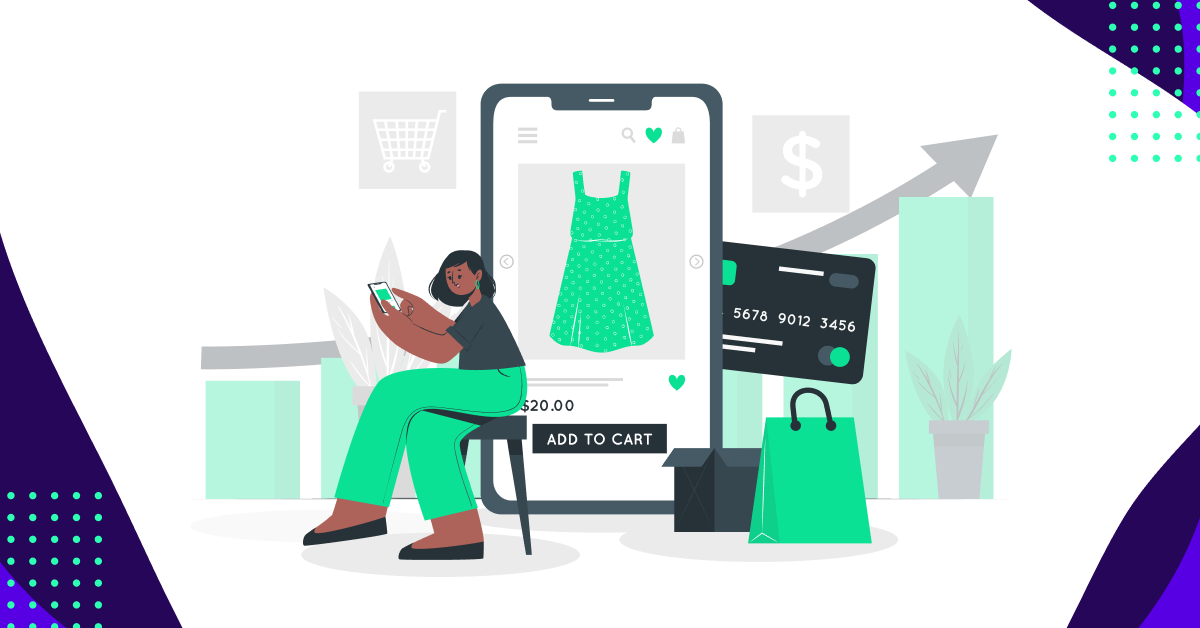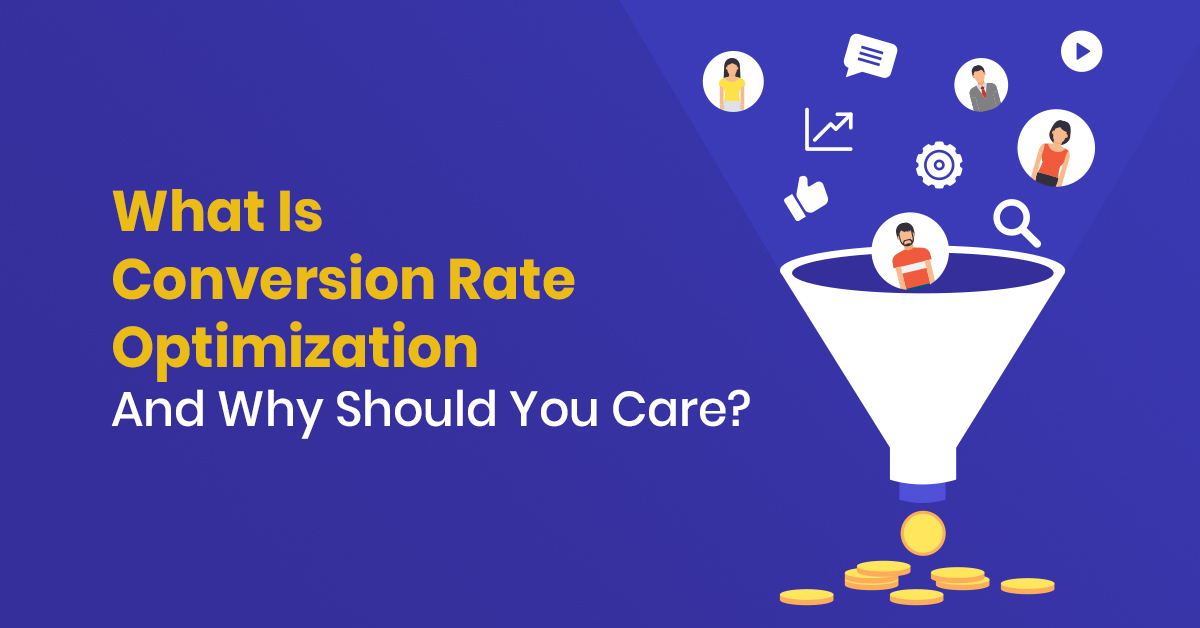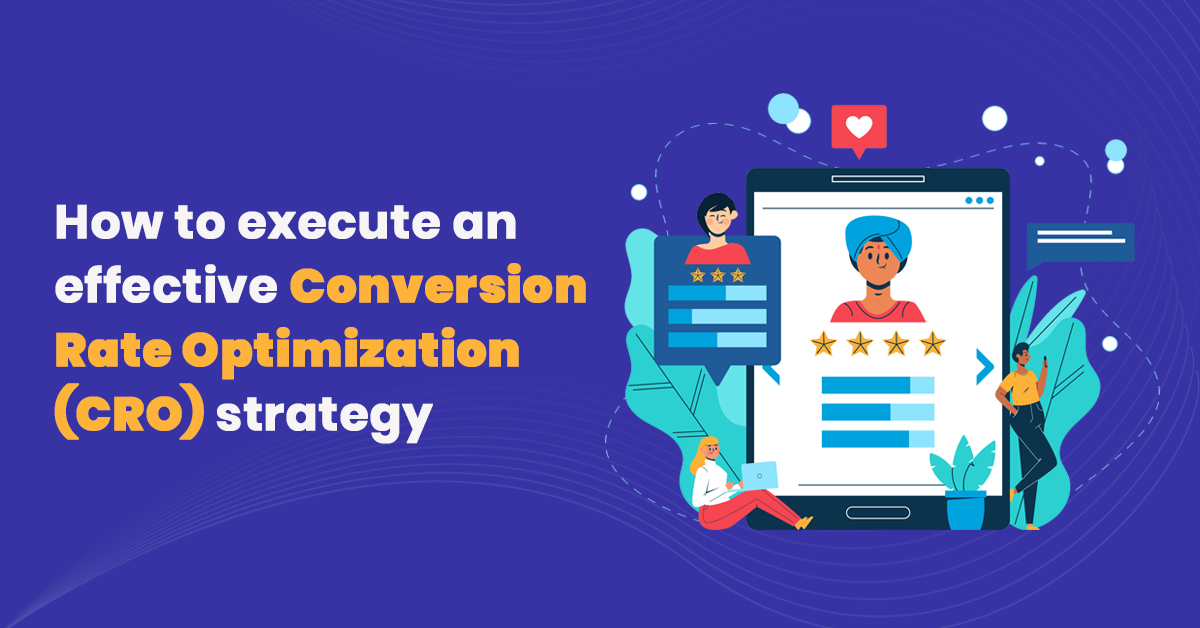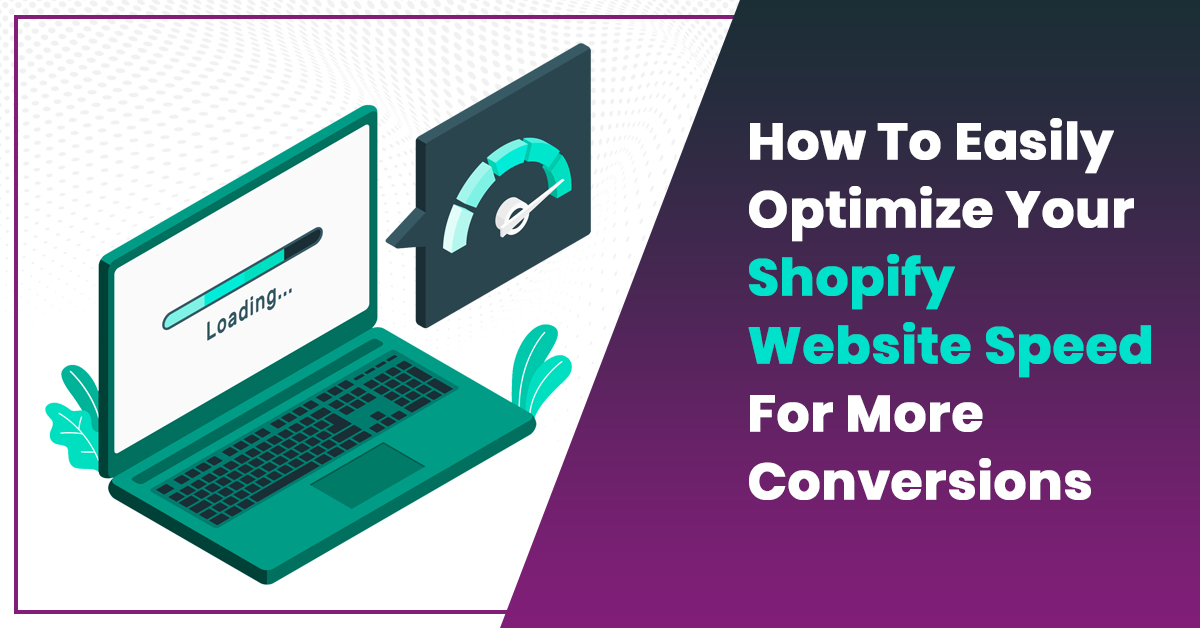There is nothing more frustrating for an online business than moving their buyers down the funnel only to see them abandon their carts when they're about to hit the 'complete my order' tab.
The average cart abandonment ratio is 70.1%, meaning 70 out of 100 visitors leave your site without taking any action. Pretty disappointing, right?
No matter how hard you try, you will eventually face checkout abandonment in your e-commerce journey.
Have you ever wondered what causes those buyers to leave your website without making a purchase?
Are there any checkout page strategies you can follow to encourage your visitors to spend more time on your checkout pages?
Before moving forward, what checkout conversion rate benchmark do you need to consider to improve your conversion rate and have more sales?
This post answered these and many other similar questions. If you're serious about improving your conversion rate in 2024 and beyond, continue reading.
What Is A Checkout Page, And How Does It Work?
As its name suggests, a checkout page is the last element of your sales funnel. It works more or less the same way a checkout counter in any departmental store works (except you don't have to stand in a queue to wait for your turn).
Types Of Checkout Pages
Some businesses opt for a single-page checkout process, while others ask users to complete their transactions using a multi-page checkout system. This article will discuss both types.
Single-Page Checkout
Single-page checkout is quite common. It enables customers to complete their checkout by entering all the relevant details on one page. Because it is fast and more convenient, a single-page checkout process significantly contributes to your conversion funnel.
Since the single-page checkout process is quick and does not involve navigation, designing such pages can be a nightmare in real time.
Multi-Page Checkout
In the multi-page checkout process, customers must navigate multiple pages before reaching the final step.
This type isn't as common as single-page checkout, as most businesses believe that customers abandon their sites when they have to experience a complex checkout process.
But did you know you can collect more valuable data when you choose to go with this checkout page strategy? Also, these pages are easier to design and manage.
How Important Is The Checkout Page?
The most important part of your e-commerce website is its checkout pages, which improve your checkout conversion. They serve as a platform where potential clients become customers.
So yes, optimizing these pages is essential and can actually do wonders for your brand when done correctly.
More than 11% of customers abandon their carts just because they find the checkout pages on a website too complex.
So what does the term "cart abandonment" mean, and what makes your visitors leave their carts last minute? Let's explore!
What Cart Abandonment Is, And Why Should You Care?
Simply put, cart abandonment means when a customer leaves the payment process in the middle.
The more customers abandon your site, the more loss you'll have to bear in terms of operational and developmental costs. That is why it is critical to create strategies that can help you reduce your cart abandonment ratio and win more customers over time. We also have the Ultimate Cart Abandonment Guide you can check out to help you improve your conversion.
There are many reasons why customers abandon your website, including:
- Absence of guest checkout option
- Hidden costs
- Limited shipping and payment options
- Slow site speed
- Security concerns
So how can you improve your business's conversion rate by optimizing your checkout pages? Let's find out!
14 Checkout Page Strategies To Improve Conversion Rates
1. Allow Guest Checkout
While it may be tempting to add more registered users, this may overwhelm your new customers and even cause them to leave your site without making a purchase.
Sure, you can encourage your customers to create an account in your store, but doing it after checkout can add more value.
Have a guest checkout option available on your website so that customers can quickly complete their transactions by just entering their home address, email ID, and contact details.
2. Stick To The Bare Necessities
Many customers, especially those buying from your store for the first time, do not prefer to share a lot of sensitive information. Make sure you stick to the bare necessities.
Ask for details you believe are critical for completing the transaction. If possible, get a customer's email in the beginning so that you can follow up with them in case they abandon their cart and do not return.
Having additional steps in your checkout process costs your buyers more time and makes the entire buying process more intimidating and complex.
3. Design A Mobile-Responsive Checkout Page Design
With more and more buyers using their smart devices to shop online, it is more critical than ever for online businesses to provide those users with the same experience they're offering to their web users.
That is where mobile optimization steps in. Have a detailed conversation with your web designer and see how you can offer the best user experience to both your mobile and web users.
4. Offer Multiple Payment Options
Every customer is different!
That's why you must provide your customers with the ability to pay through different payment channels.
While Paypal and payments through credit/debit cards are more popular, you must also consider adding Google Pay, Amazon Pay, and various cryptocurrencies to your list of options.
Since offering more payment options can cost your business more, it is a better idea to prioritize the most popular payment methods that can grow as your business expands.
5. Offer Fast And Free Shipping
More than 45% of customers abandon their carts because of limited delivery options. The million-dollar checkout page strategy ensures you offer affordable and fast shipping to your customers.
If you're just starting out and you do not want to handle your own fulfillment, there are many third-party fulfillment service providers you can partner with to streamline the delivery process.
These channels will help you divide your inventory across the country so that your buyers can receive their orders timely and that too without breaking their banks.
6. Showcase Security Seals And Certifications
Security is the most concerning issue for today's customers. If you have collaborated with third-party data protection companies, make sure you display those badges and seals on your checkout pages.
Doing so will give your customers confidence that their sensitive information is in safe hands and that your brand is trustworthy and reliable to shop from.
7. Enable Reviews/Ratings On Your Checkout Pages
Reviews and ratings are another factor that builds trust and gives your customers confidence to shop from your store. According to Trustpilot, 89% of customers read reviews before they purchase anything online.
Customer reviews act as social proof that builds trust and encourages your potential customers to take your desired action.
According to 55% of customers, online reviews impact their buying decisions in one way or the other.
Download the Debutify Review Apps now to help boost your social proof and improve your conversion rates!
8. Enable Auto-Save Feature
The complicated checkout process is not always a reason why customers abandon their carts. Sometimes they leave your website because they have something more important to do, or maybe they want to compare other options.
Including a 'save for later,' button will allow your buyers to save products in their carts for a later date.
Alternatively, you can also enable the auto-save feature, which will save the cart contents when a customer leaves your site without making a purchase. This will help your buyers resume their checkout without having to find products again.
9. Be Transparent About Shipping Costs And Taxes
To improve your conversion rate, you must become as transparent as possible with your customers. Do not try to hide anything from your buyers, whether it's delivery costs, product costs, or taxes.
More than 23% of abandoned carts result from hidden costs that customers were not able to evaluate upfront.
Many brands calculate shipping and taxes at the checkout, which is a good idea because it helps build trust and prevents your valuable customers from being blindsided.
10. Explain Your Returns And Refunds Policy
Did you know that more than 49% of customers review a website's return and refund policy before placing an order?
Customers already know that not every brand claiming to deliver high-quality products online can keep its promise.
That's why having an all-inclusive returns and refunds policy is a MUST for businesses that want to reduce abandonment rates and secure customers for life.
Do not forget to highlight your return policy on your checkout pages, as doing so will represent a professional image of your business and also help you build a loyal customer base.
11. Display the Estimated Date Of Delivery
The competition in an online space is already aggressive. Every business is trying hard to outperform its competitors by offering free and fast delivery. Because of this, customers also have high expectations from modern brands.
Present-day customers want to know when exactly they should expect their parcel to arrive. To eliminate the guesswork out of the process, make sure you clearly highlight the estimated delivery date on the checkout page.
In addition, it is important to share the tracking code with your customers, who can use it to track the current delivery status of their orders.
12. Send Post-Payment Order Confirmation
After a buyer completes the checkout process, you can send a post-purchase confirmation email and a thank you note.
Usually, this note includes the details of the order, estimated delivery date, and subtotal. In that email, you can also highlight item count, delivery costs, and taxes to provide your customers with detailed proof of what they should or shouldn't expect.
Remember, an e-commerce business today is a lot more than improving conversions and having more sales.
Brands that go the extra mile to provide their users with a seamless buying journey will remain in the good books of their customers forever. That goes without saying that happy customers eventually turn into your brand advocates who spread positivity about it wherever they go.
13. Avoid Unnecessary Tabs And Pop-Ups
Do not distract your buyers by displaying unnecessary tabs and pop-ups during checkout. Let them focus on payment channels, delivery options, and the price they have to pay in exchange for the products.
Don't go overboard with your checkout page design and navigation. When it comes to ecommerce checkout pages, less is always more. So keep this checkout page strategy in mind if you want to improve the conversion rate.
14. Have A Live Chat Feature Available on Your Checkout Pages
Present-day customers have many questions. That's why your customer support team must be there to assist them at each step of the checkout funnel.
Having chatbots on your checkout pages is a good idea, but it would be great if you dedicated 24/7 live support for these pages. This will help your customers find answers to their queries right away without digging into your FAQ page or contacting your live support team during specific hours.
There you have them - 14 Strategies to Improve Checkout Conversion Rates in 2024. By following these checkout page strategies, you can persuade your customers to spend more time on your site and complete their transactions without the hassle.


 Trisha Ballesteros
Trisha Ballesteros

 Ricky Hayes
Ricky Hayes
